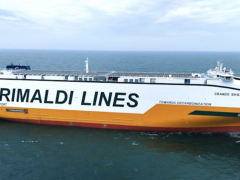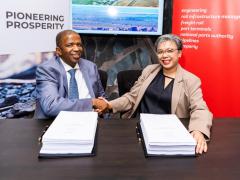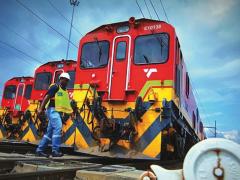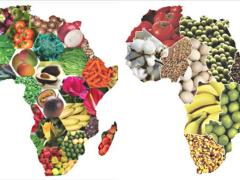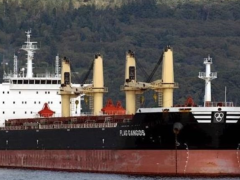The country is on the brink of a major fuel shortage, with four of SA’s six refineries having shut down early in January for unplanned maintenance and repairs, and other shut-downs set to follow. Last week, parliament’s energy portfolio committee summoned members of the fuel industry to Durban to discuss ways of avoiding further fuel shortages, and it emerged that it was difficult to avoid fuel shortages during unplanned shutdowns as it took three weeks for fuel to be imported from overseas. The primary problem has been the closure of the country’s main supplier, Sapref refinery in Durban. This shut-down started at the beginning of the year when crude oil supplies to the country were cut off during unplanned repairs undertaken at Durban’s single buoy mooring (SBM) – through which 80% of SA’s crude oil is imported. The SBM supplies the Sapref and Enref (Engen) refineries in Durban, and the Natref refinery in Sasolburg via the Transnet pipeline to the Reef. But, once the SBM repairs finished and Sapref prepared to fire up the refinery once again, a mechanical problem was encountered and the startup delayed while this was being evaluated and repaired. According to Margaret Rowe, communications manager of Sapref, the refinery is now in the process of restarting and is already producing some on spec products. “It is anticipated that the refinery will be back to full production around mid February,” she added. From February 17, however, Chevron’s 100 000 barrelper- day refinery in Cape Town will shut down for 43 days as the plant undergoes planned maintenance For the first two weeks all production units at the refinery will be down, although the company says it has taken contingency measures to obviate any shortages. Another recent problem was when petrol giant Shell halted deliveries after a leak at its Alberton depot led to the shut down of operations. And there are already signs of worrying fuel shortages, with petrol retailers up in arms about lack of supplies. According to SA Petroleum Retailers Association (Sapra) national director Peter Noke, petrol stations in Gauteng started running dry two weeks ago. It was also reported that there was a shortage of low sulphur (50 sulphur parts per million) diesel, particularly in Durban, according to the Fuel Retailers’ Association (FRA) CEO, Reggie Sibiya – a situation that he expected was “likely to get worse”. “Apparently the cause of the problem is that the import product received was off-spec,” his association statement said. Sibiya questioned whether fuel suppliers had adequate contingency plans, and stressed that the association was concerned about supply problems due to planned and unplanned refinery shutdowns. “The association received more than 300 reports of stockouts on various products,” he said. “Our supply value chain needs serious investigation. We seem not to get the supply situation right and it happens year after year.” There was a similar sentiment expressed at the energy portfolio committee meeting, where the main finding was that the fuel industry must come up with a co-ordinated plan to avoid fuel supply problems during unplanned refinery shutdowns.


